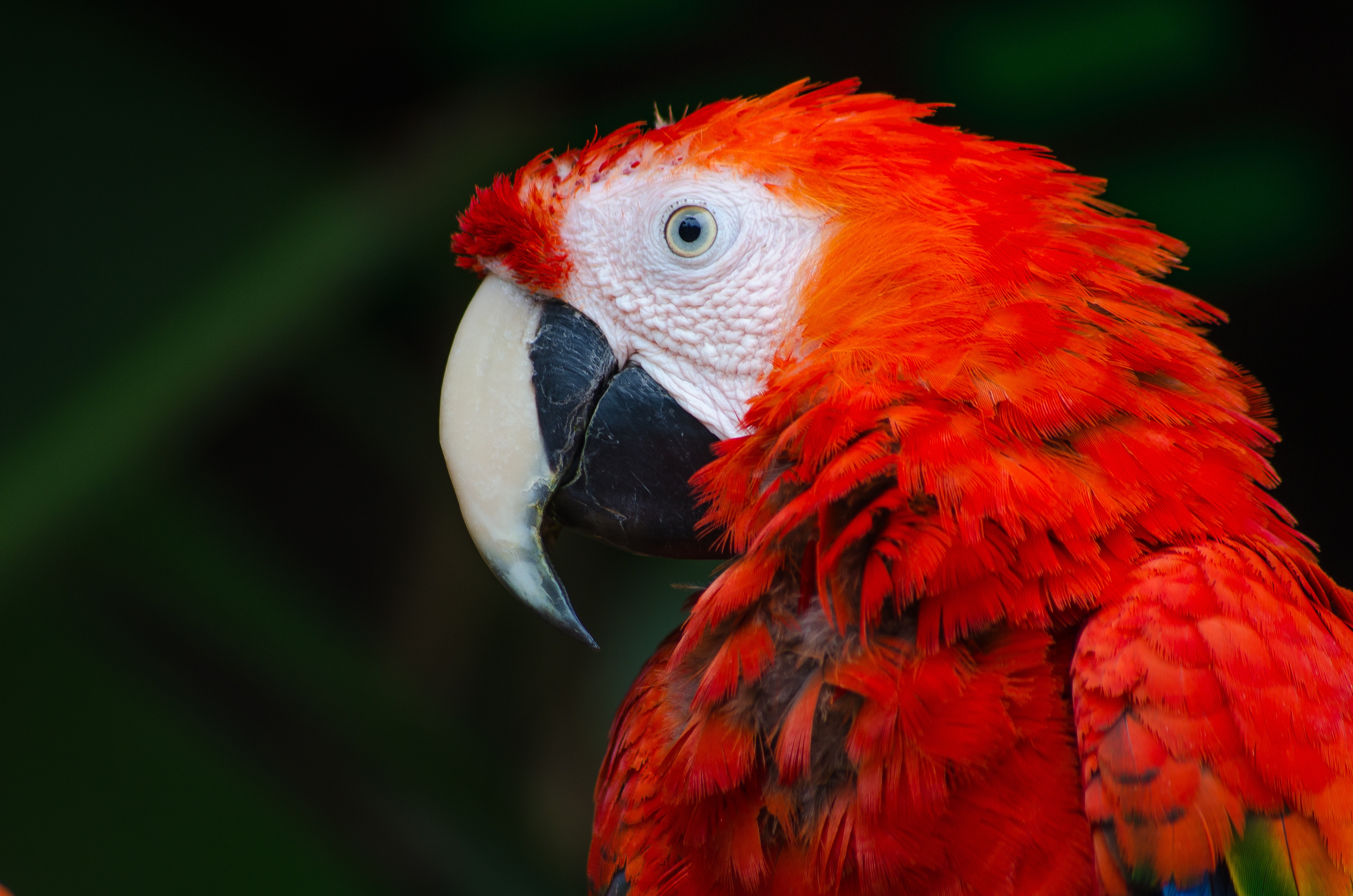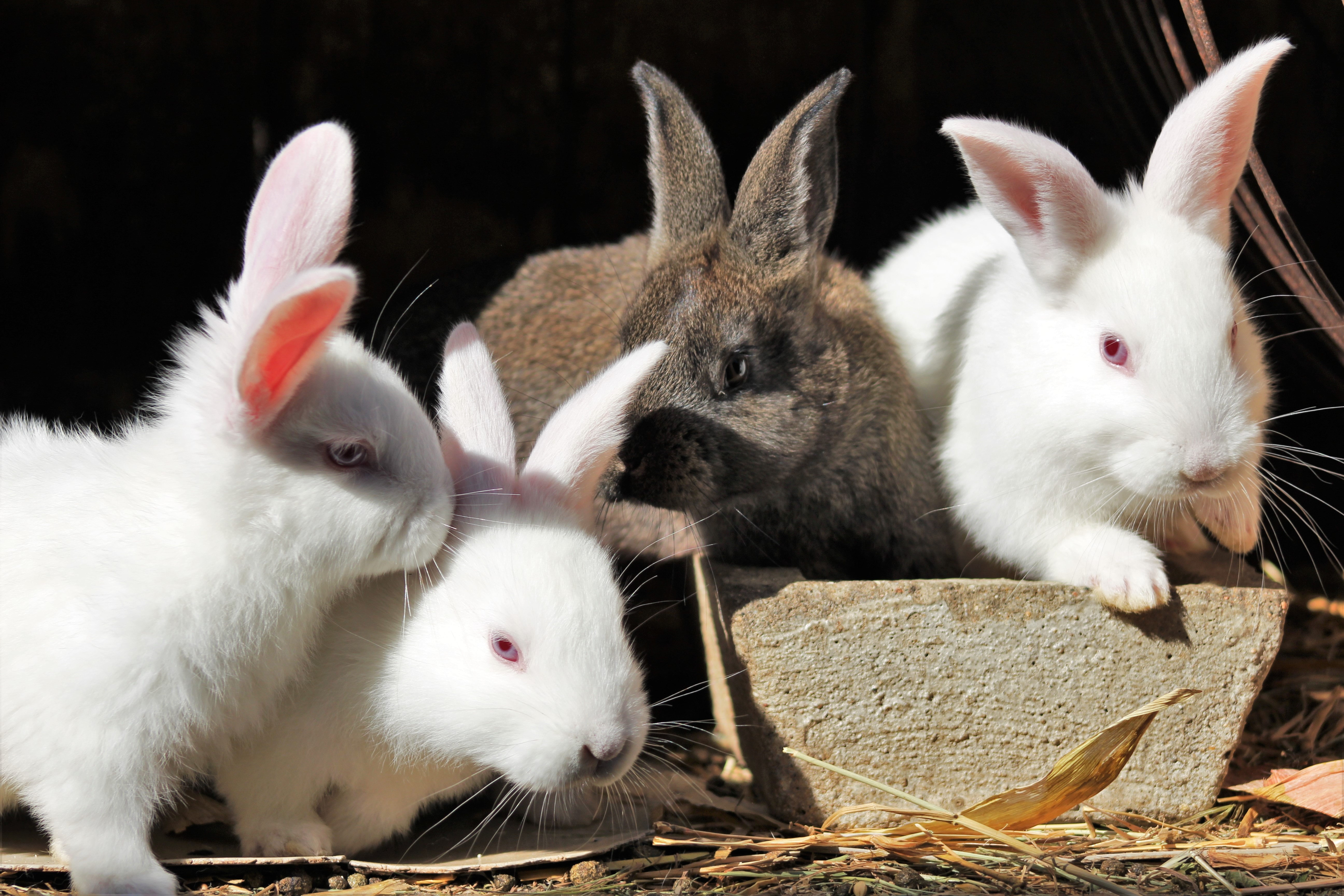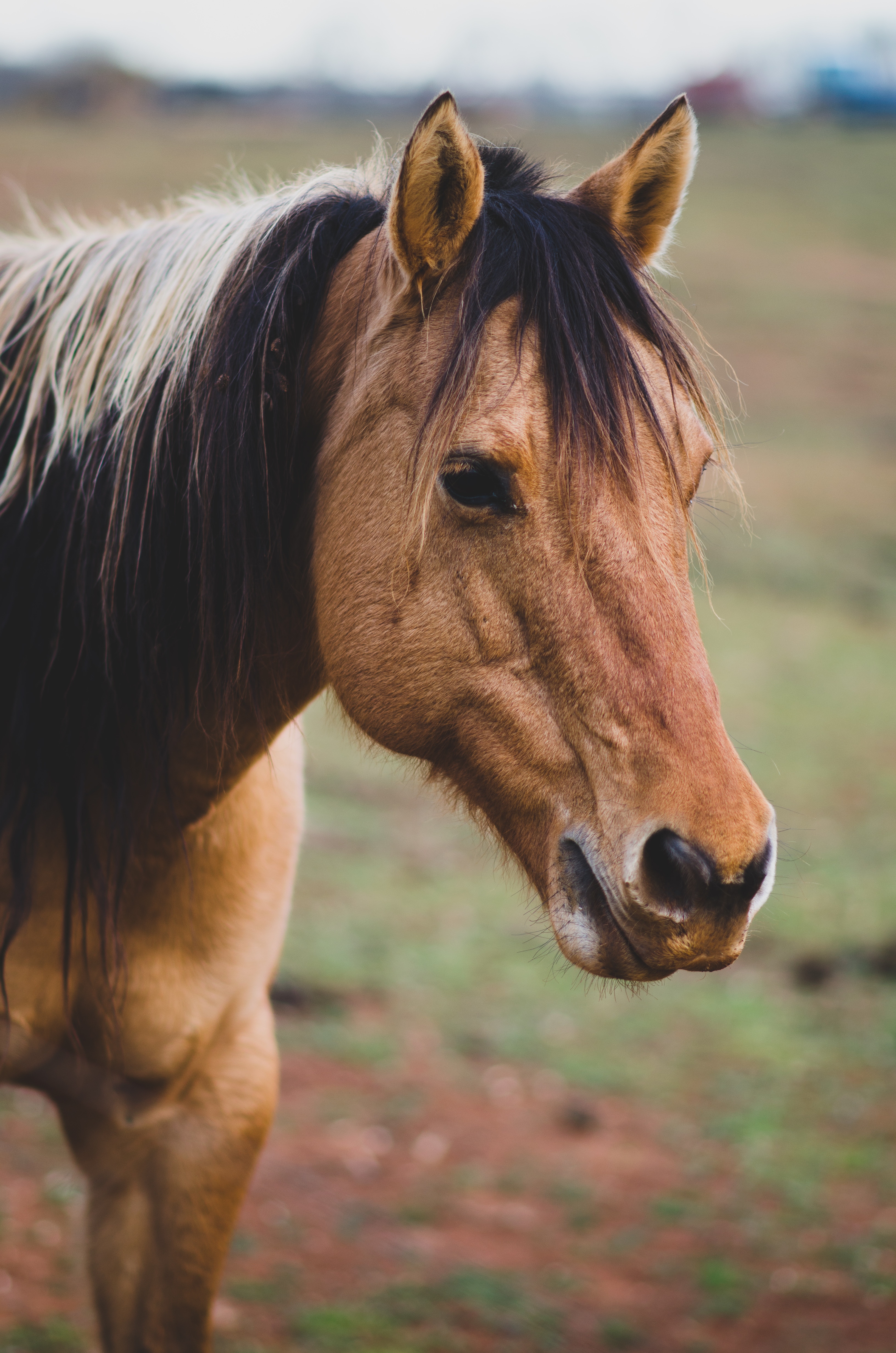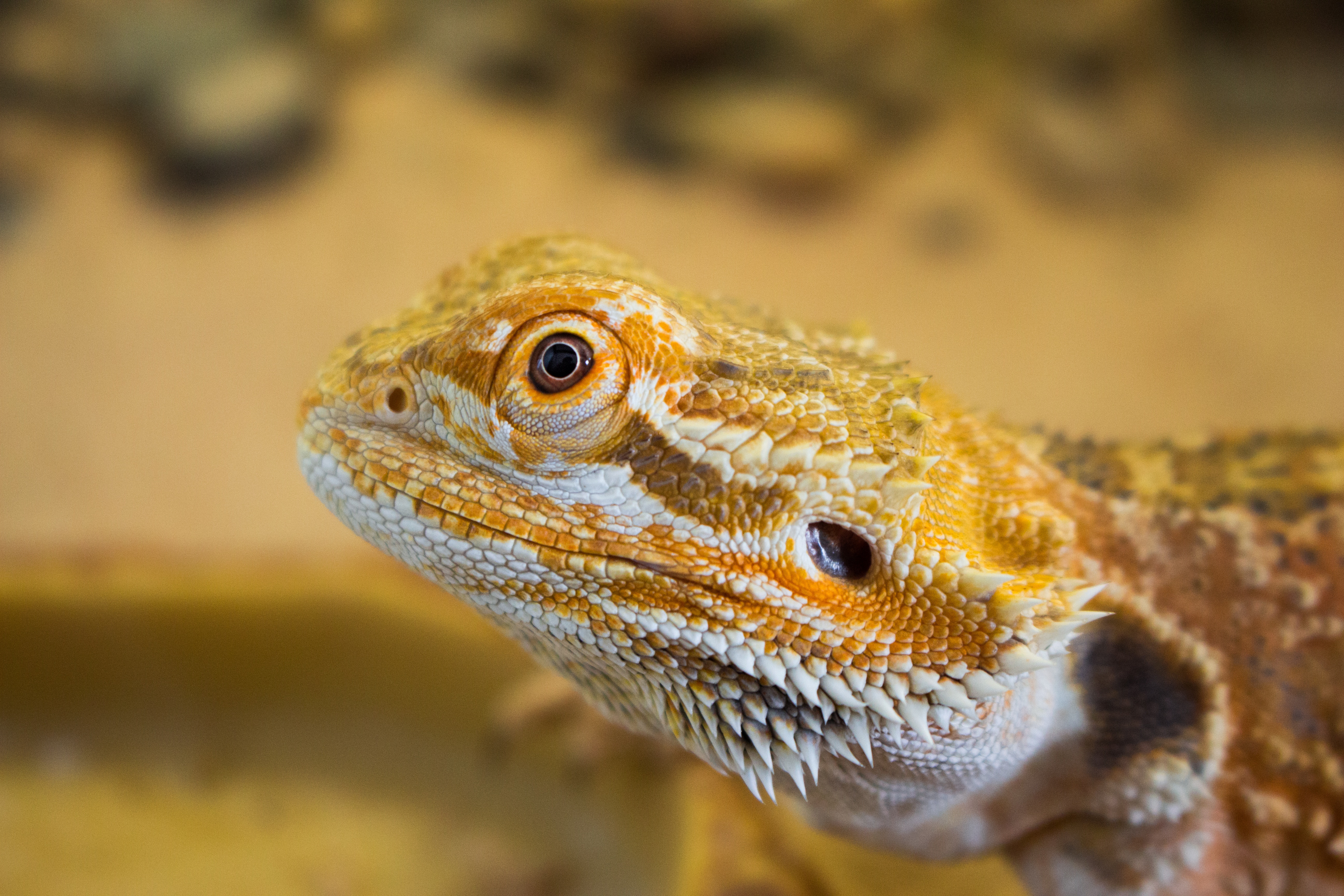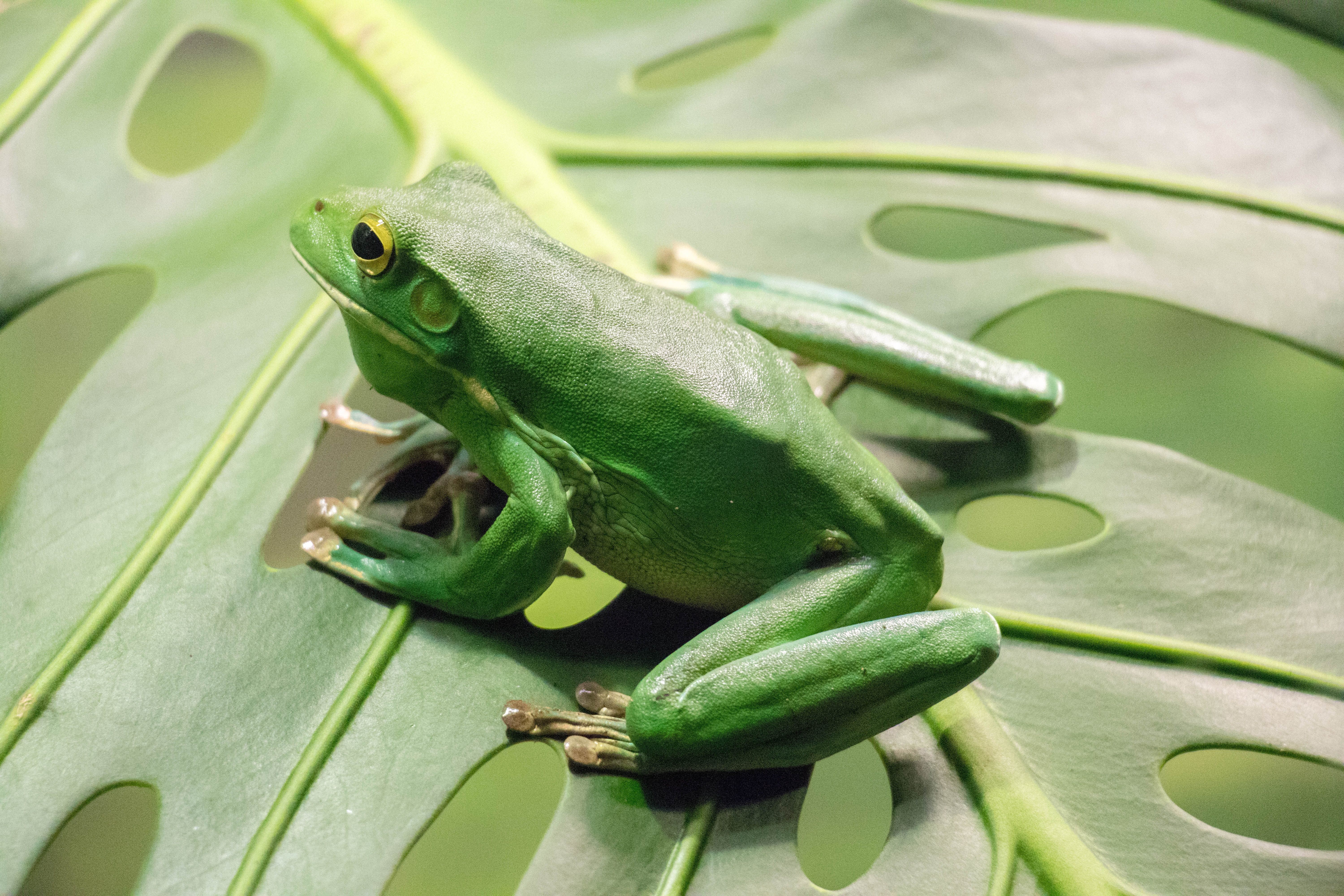Environment
A suitable living environment
Diet
A suitable diet
Behaviour
To be able to behave normally
Companionship
To have appropriate companionship
Health
To be protected from pain, suffering, injury and disease
1
Environment
A suitable living environment
2
Diet
A suitable diet
3
Behaviour
To be able to behave normally
4
Companionship
To have appropriate companionship
5
Health
To be protected from pain, suffering, injury and disease
In 2023, The All-Party Parliamentary Group for Animal Welfare worked with the RSPCA, Rabbit Welfare Association & Fund, PDSA, UK Pet Food, Pets at Home and PIF to publish the Rabbit Welfare Code.
This can be found here: Rabbit Welfare Code
Rabbits need an enclosure measuring at least 3m x 2m x 1m high (10ft x 6ft x 3ft high) which comprises of a shelter with attached run. An enclosure of this size will allow a pair of medium-sized rabbits to perform their natural behaviour such as stretching up fully on their hind legs, running, jumping and digging. Rabbits should have permanent access to all areas of their accommodation to allow for their natural activity patterns. Enrichment such as tunnels, hides, logs and dig trays should also be available. Larger breeds or bigger groups of rabbits will need more space than this.
Rabbits are herbivores, a healthy diet plays a big role in helping to prevent dental disease, fly strike, obesity and digestive problems. They should have constant access to good quality hay; in fact their diet should consist of 85% grass or good quality green hay that is free from dust, 10% fresh forage (such as leafy cabbage, herbs or weeds such as dandelion and plaintain), 5% nuggets, and clean drinking water which is constantly available. Muesli type feed and a lack of hay can lead to life threatening dental and digestive disease.
Happy rabbits are active and inquisitive, hence why they need constant access to hay to eat and plenty of space to explore. They spend most of their waking hours foraging so it is vital they have access to grass or hay at all times. They also like to spend time hopping, jumping, digging, grooming and sleeping in between. They are Crepuscular which means they are most active at dawn and dusk, which is why it is important that they have access to their safe enclosure 24/7. If they are truly happy you should also often see them 'binky', which is a leap of happiness into the air with their back feet off the ground. Rabbits are known for digging and chewing, in some cases this can result in the rabbits escaping their enclosure. Microchipping your pet rabbits will aid the safe return of your pet.
Rabbits depend on the companionship of their own kind for their safety, comfort and happiness. The best match is a neutered male & neutered female pair of similar size and age. Many rescue centres offer a mixing service for single rabbits. Naturally rabbits would live in large groups; a single rabbit or one paired with a different species is likely to be less happy than one living with a well-matched rabbit companion.
Rabbits require vaccinations against Myxomatosis and RVHD1 & 2 (Rabbit viral haemorrhagic disease strains 1&2); all are fatal and easily contracted if vaccinations are not maintained. Rabbits also require their nails checking regularly and clipped when needed. You should check them daily for flystrike, and any other signs of illness. Rabbits are very prone to dental disease if the incorrect diet is offered. This can be extremely painful, life threatening and have significant financial implications. Any change in behaviour or diet preference could mean that they are unwell and will need to see a rabbit savvy vet straight away. Also keep an eye on their poo! If they have less poo, or is gets smaller this is also a sign that they need to see a rabbit savvy vet straight away! Neutering your rabbits prevents unwanted litters; uterine cancer in females; and behaviour issues such as spraying and fighting. Males can be castrated from 3-4 months of age and females usually from 6 months. You should register your rabbits with a vet who will be able to provide you with more advice on things like vaccination, neutering and general health care. Some vets may have more experience with rabbits than others. Check out this rabbit friendly vet list to help you find a ‘rabbit savvy’ vet.
As with any pet, unexpected veterinary costs can be challenging. There are many companies who provide affordable pet insurance for rabbits of all ages.
Check before you buy
Please consider contacting your local animal rescue/rehoming centre first
There is an estimated 67,000 rabbits in UK rescue centres waiting to find their forever homes. Rescue centres find themselves with every breed, age and temperament of rabbit. All reputable rescue centres will have neutered, vaccinated, health checked and socialised every rabbit prior to rehoming and the average fee is often the same as purchasing a rabbit from another source. However, it's likely that rabbits from elsewhere will not have had the above done and may come with considerable financial and emotional implications. The following PAAG members rescue and rehome rabbits: Wood Green the animal's charity, RSPCA, Scottish SPCA, USPCA, Raystede and Blue Cross, with the RWAF offering lots of support and advice on rabbit care.
Ensure you are 100% confident that the rabbit(s) is the correct gender that you have been advised it to be
If you are unsure, speak to your vet for further advice. Unexpected litters & accidental pregnancies make up a large percentage of rabbits finding their way into rescue centres.
Spend plenty of time with the rabbit(s) to ensure their character will suit your family
Don't be tempted to purchase ‘starter pack’ accommodation
In most cases these will be too small to meet a rabbit needs and often poorly built with a short shelf life. Purchase or build large quality enclosures, that with the correct care, should last around 10 years. This may cost between £300-£1000.
Always health check any rabbits you intend to purchase prior to taking them home
Healthy rabbits should be:
- Alert & inquisitive
- Hopping about without signs of discomfort
- Healthy looking coat free from flaky or scurfy skin
- Eyes bright and not weeping (sign of dental disease)
- Nose and mouth dry and clean
- Nails not overgrown
- Bottoms clean
- Head not tilted or swaying
- Eating, drinking, and going to the toilet normally
Always check what they have previously been fed - correct diet is very important for rabbits
Continue with this diet when you take the rabbit(s) home. If you want to change the diet this should be done very gradually over a few weeks. If they have been fed muesli type feeds and had limited amount of hay, they may be more at risk of being in early stages of dental disease, so it is wise to take advice from your vet.
Ask for vaccination cards and neutering proof to ensure you are taking on what has been advertised
Rabbits, like cats and dogs, should be microchipped
Take your new rabbits to your chosen vet at the earliest convenience for a health check and chip scan to ensure all is as should be. Always remember to update microchips if you change your contact details or are taking on pets that have already been owned in the past.
Common Scams
The most common misfortune when taking on pet rabbits is that they are often incorrectly sexed resulting in unexpected litters, or a rabbit that is already unknowingly pregnant at point of purchase
Adopting rabbits from a rescue centre is one of the safest ways to guarantee you are taking on a healthy and happy pet.



